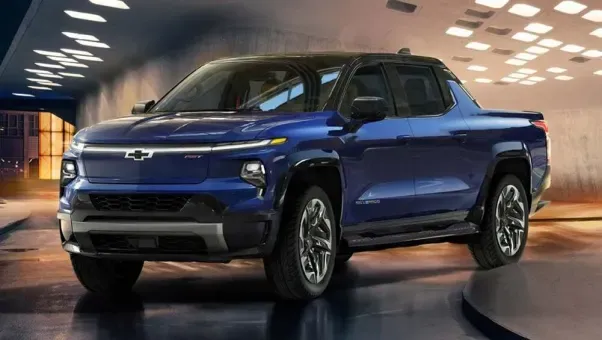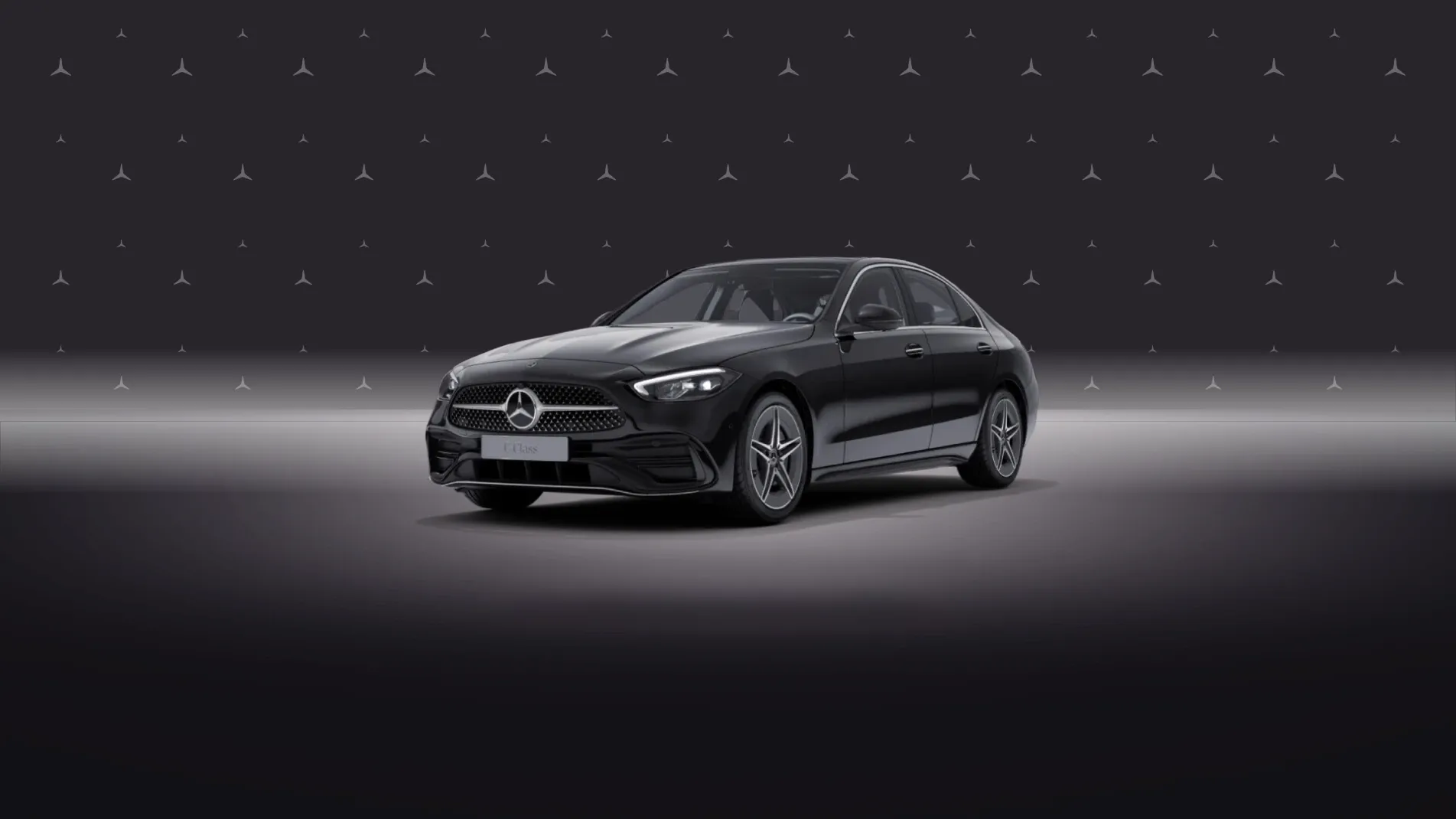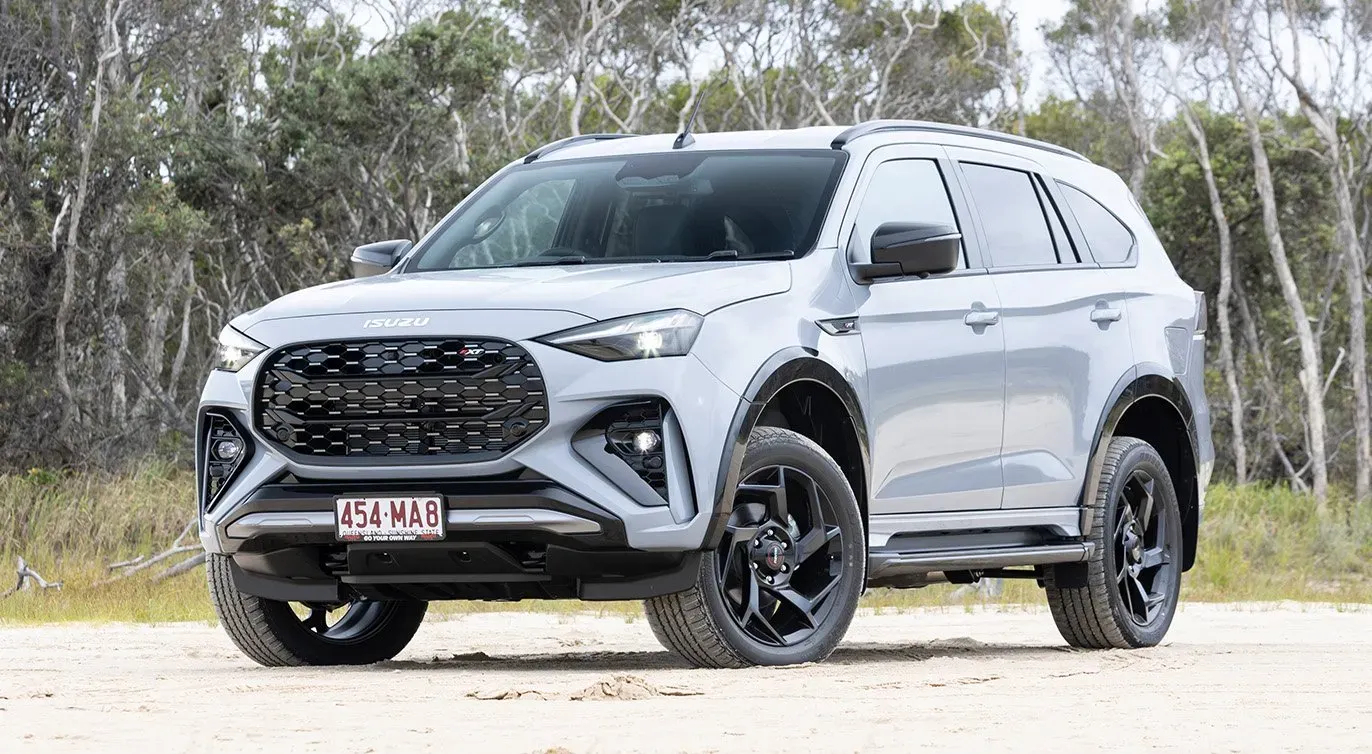General Motors (GM) and Hyundai have taken a significant step towards a cleaner automotive future by signing a non-binding agreement to explore collaboration on various clean energy technologies, including hydrogen-powered vehicles.
Key Points:
- GM and Hyundai have signed a memorandum of understanding (MOU) to investigate potential partnerships in strategic areas.
- The agreement covers a wide range of technologies, including electric vehicles, hydrogen fuel cells, and internal combustion engines.
- This collaboration could lead to the development of hydrogen-powered vehicles like a Chevrolet Silverado.
Potential Areas of Collaboration:
- Co-development and manufacturing of passenger and commercial vehicles
- Advancements in electric and hydrogen technologies
- Joint sourcing of raw materials for batteries and other components
Industry Impact:
This partnership between two major automakers signals a shift towards more collaborative efforts in the automotive industry, especially in the realm of clean energy technologies. It could accelerate the development and adoption of hydrogen fuel cell vehicles, which have been slower to gain traction compared to battery electric vehicles.

Challenges and Opportunities:
While hydrogen technology offers benefits like quick refueling times and long-range capabilities, it faces challenges such as limited infrastructure and high production costs. This collaboration could help address these issues by combining resources and expertise.
Looking Ahead:
The possibility of a hydrogen-powered Chevrolet Silverado or similar vehicles from this partnership could reshape the pickup truck market, offering a zero-emission alternative in a segment that has been traditionally dominated by gasoline and diesel engines.This agreement between GM and Hyundai represents a significant step towards a more sustainable automotive future, potentially accelerating the development of hydrogen-powered vehicles and other clean energy technologies.














